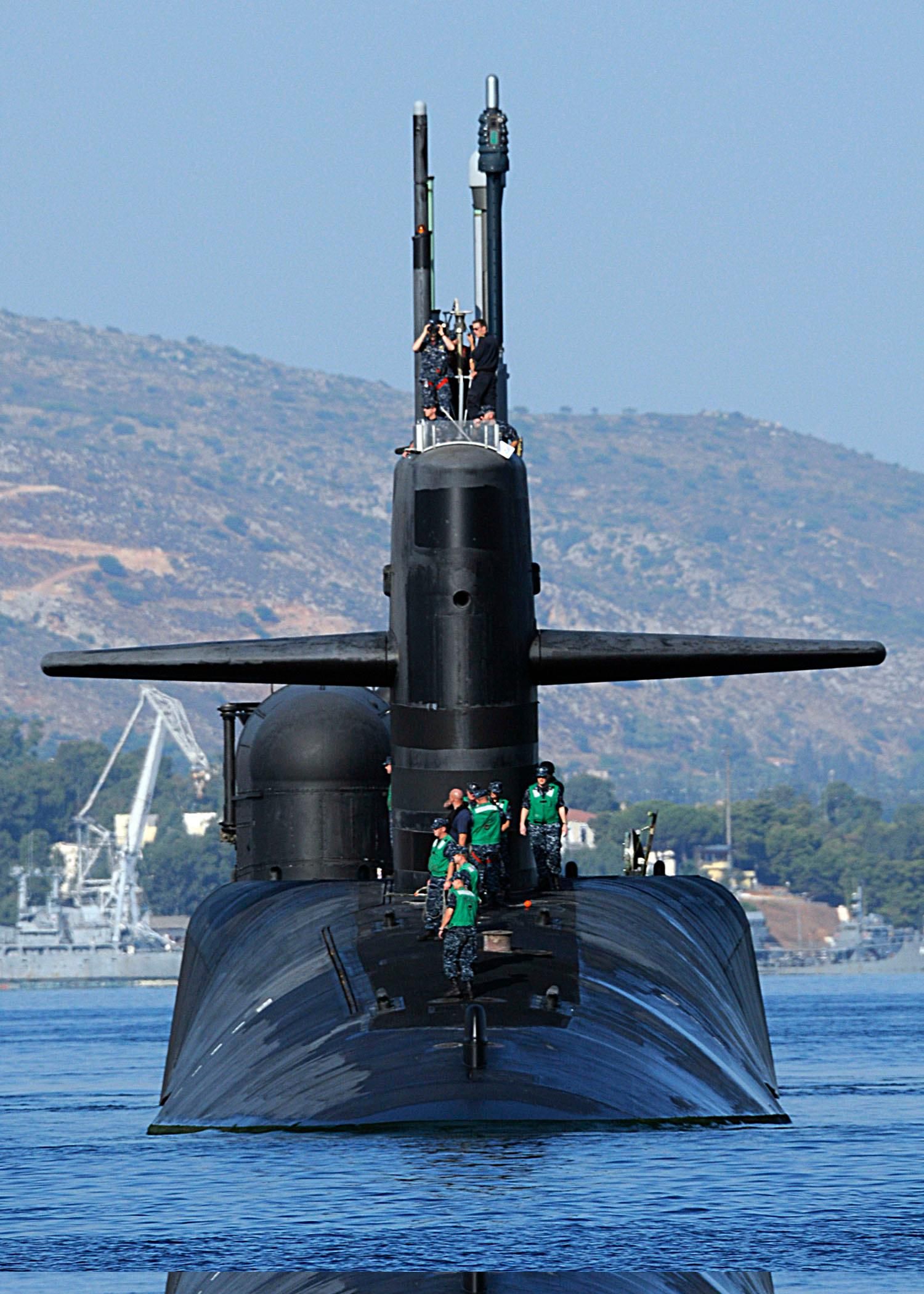President Donald Trump, offended by posts from former Russian President Dmitry Medvedev, says he has ordered two nuclear submarines to move closer to Russia.
So, how will Moscow respond? Are we on a path to a nuclear standoff between America and Russia—an internet-age version of the 1962 Cuban Missile Crisis?
That seems unlikely, judging by the initial reaction in Russia. Russian news outlets have been largely dismissive of Trump’s announcement, reports Steve Rosenberg, Russia Editor of BBC from Moscow.
Speaking to Moskovsky Komsomolets, a military commentator concluded that Trump was “throwing a temper tantrum.” A retired lieutenant-general told Kommersant that the US president’s submarine comments were “meaningless blather. It’s how he gets his kicks.” “I’m sure Trump didn’t really give any orders [about submarines],” a Russian security expert suggested to the same paper.
Kommersant also recalls that in 2017, Trump claimed to have sent two nuclear submarines to the Korean Peninsula as a warning to North Korea—yet he soon after met with North Korean leader Kim Jong Un.
So, bizarrely, could Trump’s latest submarine manoeuvre be a precursor to a US-Russia summit? That feels like a stretch.
But the Russian government’s silence has been noteworthy.
At the time of writing, there has been no reaction from the Kremlin, the foreign ministry, or the defence ministry. Nor has there been any publicised movement of Russian nuclear submarines in response.
This suggests either Moscow is still assessing its response—or more likely, that it doesn’t see the need to respond at all. The tone of the Russian press indicates it is the latter.
Trump and Medvedev had been trading barbs on social media for days.
After Trump shortened his 50-day deadline for Russia to end its war in Ukraine to under two weeks, Medvedev accused him of “playing the ultimatum game with Russia… Each new ultimatum is a threat and a step towards war.” Trump fired back: “Tell Medvedev, the failed former Russian president who thinks he is still in power, to be careful what he says. He is entering very dangerous territory.”
Medvedev’s next post invoked “Dead Hand,” the Soviet-era automatic nuclear retaliation system. That clearly struck a nerve in Washington. When he served as Russia’s president from 2008 to 2012, Medvedev was viewed as relatively liberal. “Freedom is better than no freedom,” he once said.
But since Russia’s full-scale invasion of Ukraine, Medvedev has become known for bellicose, anti-Western posts. Until now, they attracted little notice, as he is not considered a primary Kremlin mouthpiece.
Suddenly, he’s been noticed—by the President of the United States. And not just noticed—he’s got under Trump’s skin.
It’s one thing to be annoyed by a post. We’ve all been there. But to respond by deploying nuclear submarines seems, to put it mildly, excessive. So why did Trump react this way?
Here’s his own explanation, given in an interview with Newsmax: “Medvedev said some things that are very bad, talking about nuclear. When you mention the word nuclear my eyes light up and I say we better be careful, because it’s the ultimate threat.”
Of course, Medvedev has long been accused of nuclear sabre-rattling online. This is nothing new.
What is new is that Trump took the recent remarks personally—and reacted in kind. Might there be strategy behind the drama? Unpredictability has always been a hallmark of Trump’s style, in business and politics: taking bold, unorthodox steps to unsettle opponents ahead of talks or negotiations.
That may well be what we’re seeing here—particularly on the question of ending the war in Ukraine.
Surprise submarine movements could be another version of that tactic.


